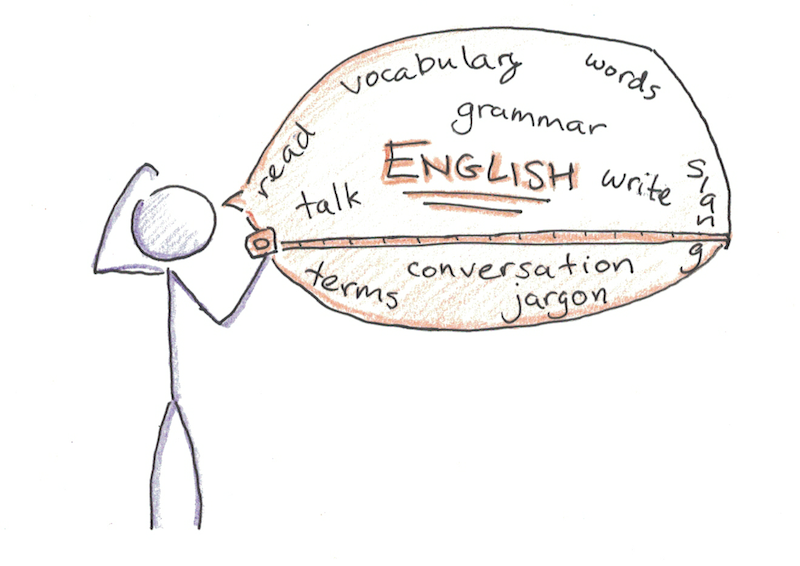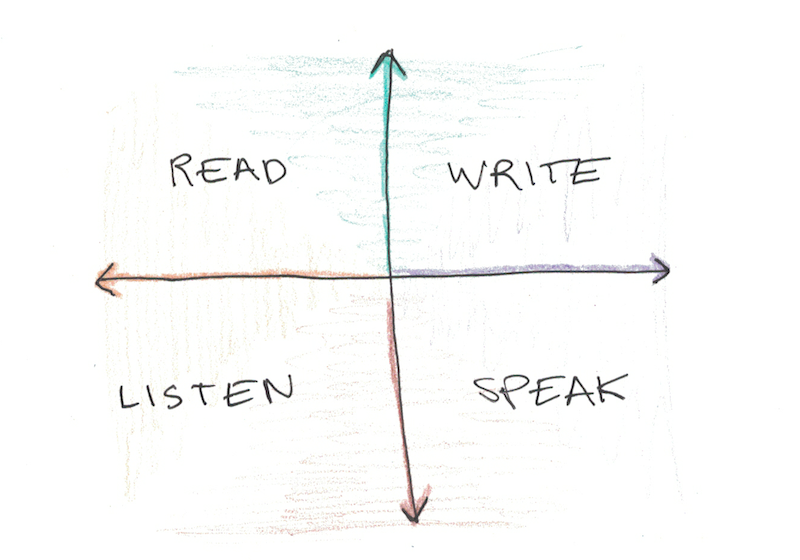I’ve written a lot about my approach to learning languages. Currently I can speak Spanish, Mandarin Chinese, French, Portuguese, Korean and some Macedonian. And of course, I can speak English, which is my native tongue.
Although I’ve often written from the perspective of an English-speaking person learning another language, today I’d like to flip it. Suppose you’re reading my blog from another country and you’d really like to learn English. How should you do it?
Many of the strategies I’ll suggest here are the same for any language, but I’m also going to focus on a few of the problems (and advantages) learners of English have.NOVAKID
The best site to learn English for adults and children is NOVAKID
Step One: Assess Your English Level
Roughly, I’m going to divide the advice of this section into three categories:
Category One: Beginners
If you’re a beginner, you’re probably reading this article through Google Translate, or you’re reading a version someone else translated. If you’re understanding everything I’ve written so far, then at least for your reading comprehension, you’re not in this category.
That said, it’s possible to be a beginner as a speaker, even if your reading and writing are good. Many people I’ve met in China, for instance, have excellent written English, but they’re afraid to speak because they don’t practice enough.
Which brings us to the second category.
Category Two: Intermediate Level (With Specific Weaknesses)
At this level, you may be reading this article in English, without too much difficulty. You may even have high levels of English competency in some areas, but you are weak in others.
This happens quite frequently as a result of a normal classroom-style language learning experience. There, you may have to study quite a bit to pass written or reading comprehension exams, but you don’t have many genuine opportunities to speak or listen.
It’s rarer, but still possible, to have an opposite problem—where you can speak fairly well, but have low reading comprehension or writing skills. I see this a lot more often with Chinese learners as there are many who learn to speak but never learn the characters. However, it does happen occasionally for English learners.
Category Three: Decent English, But Need Even Better
The third category are intermediate-to-advanced English students. Your English level is good. You can read, write, listen and speak. But you aren’t where you need to be to conduct business, study abroad or score high marks on difficult language tests.
In this category, your studying task is harder because you’ve already learned so much. Now, to get better, you need to learn tens of thousands of words, and rack up thousands of hours of practice to make a real improvement. It will be hard, but it is still doable.
Step Two: Find the Right Learning Activity
To find the right activity to improve your English, you need to follow basic learning principles. We want to find a task that, when repeated, will allow your English skills to reliably improve.


